There could be a new alternative (to SonarQube) with GitLab 13.3 (August 2020)
It does not cover everything that SonarQube address, but can focus on the security side of the static code analysis, for multiple languages.
SAST security analyzers available for all
We want to help developers write better code and worry less about common security mistakes. Static Application Security Testing (SAST) helps prevent security vulnerabilities by allowing developers to easily identify common security issues as code is being committed and mitigate proactively. As part of our community stewardship commitment we have made all 15 of our open source based SAST analyzers available in every GitLab tier. This allows ALL GitLab users developing in any of our 18 supported languages and frameworks to leverage GitLab SAST in their projects.
Getting started is as easy as using our new guided SAST configuration experience, enabling Auto DevOps, or adding the SAST configuration template to your gitlab-ci.yml file. Customers not on the Ultimate tier can interact with generated SAST vulnerability report by downloading the SAST job artifact. We’ve also updated our docs with details about the tier breakdown for all our SAST features.

See Documentation and Issue.
And (not free, as opposed to the previous section):
Guided SAST configuration experience
GitLab’s Static Application Security Testing (SAST) now supports a new guided configuration experience. Enabling SAST is now as simple as two clicks. We believe that security is a team effort and this configuration experience makes it easier for non-CI experts to get started with GitLab SAST. The tool helps a user create a merge request to enable SAST scanning while leveraging best configuration practices like using the GitLab-managed SAST.gitlab-ci.yml template and properly overriding template settings.
With GitLab SAST covering 18 languages across 14 analyzers, there are many SAST configuration options and it can be hard to understand and setup. This new guided SAST configuration experience helps anyone get started with SAST, and lays the foundation for us to introduce new configuration options like custom rulesets and more. We also intend to expand this guided experience to our other security scanning tools.

See Documentation and Issue.
See also GitLab 13.5 (October 2020)
Customizing SAST & Secret Detection rules
GitLab Static Application Security Testing (SAST) and Secret Detection now support customizing detection rules. This allows GitLab users to change the vulnerability detection defaults to tailor results to their organization’s preferences. SAST custom rulesets allow you to exclude rules and modify the behavior of existing rules. Secret Detection now supports disabling existing rules and adding new regex patterns that allow the detection of any type of custom secret.
Custom rulesets can be defined by adding a new file to the .gitlab folder named sast-ruleset.toml or secret-detection-ruleset.toml containing customizations written in the correct notation. You can learn more about this file format and see examples in our documentation for SAST custom rulesets and Secret Detection custom rulesets. We intend to provide additional support for importing custom rulesets in .gitlab-ci.yml files in the future.

See Documentation and Epic.


